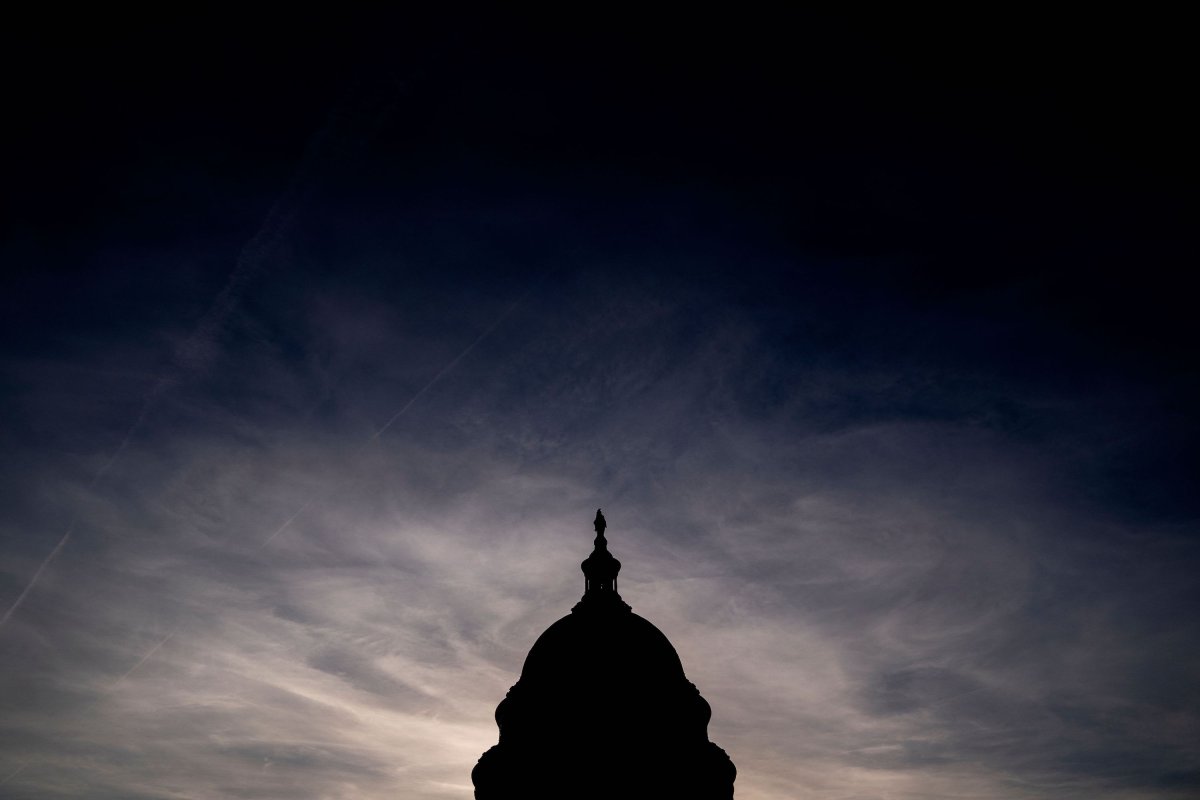Transparency is an integral part of the American republic. We can never be a government "of the people, by the people, for the people" without an informed and engaged citizenry, and Americans can never be fully informed if our government shields its actions and information from public view.
In their great wisdom, the Framers recognized the importance of transparency by enshrining it in Article 1, Section 9 of the Constitution: "a regular Statement and Account of the Receipts and Expenditures of all public Money shall be published from time to time." Congress has periodically passed legislation to make government records available to the public. These include the Freedom of Information Act (FOIA) and the Federal Funding Accountability and Transparency Act, which created the indispensable USASpending.gov—a searchable archive of all government grants and contracts.
These laws have greatly increased citizens' ability to see their government in action. And they have revealed some hard truths.
Consider the pandemic. Using government spending databases, White Coat Waste Project (WCW) was the first organization to reveal in early 2020 that U.S. taxpayer dollars had been shipped to the Wuhan Institute of Virology for dangerous coronavirus experiments on animals, which many experts believe caused the pandemic. WCW also found emails showing that the National Institutes of Health (NIH) was concerned about these dangerous experiments as early as 2016. But, bizarrely, the agency allowed them to proceed anyway. Other FOIA requests also exposed that, early in the pandemic, close confidants of NIH leadership expressed concern that a lab leak may have caused the COVID-19 outbreak.
These findings and others gleaned from FOIA requests—and open records lawsuits when agencies don't cooperate—helped shape the conversation about the pandemic's origins, and reignited discussion about dangerous virology research, which Congress continues debating to this day. This is transparency done right; public information was used by the public to help elected leaders decide matters of great public import.

Despite their importance, however, America's transparency laws have been plagued with issues of compliance, timeliness and accuracy. Agencies are required to process FOIA requests within 20 days, yet a Government Accountability Office report found that, between 2012 and 2018, the backlog of overdue FOIA requests grew more than 80 percent, as FOIA requests overall increased more than 30 percent. These numbers are likely to have grown during the pandemic. In the course of responding to FOIA requests about its relationship with the Wuhan lab, the NIH has also often failed to release documents and produced materials that were excessively redacted without any legitimate justification.
In addition, using USASpending.gov and other resources, WCW discovered that NIH wasted $770,000 for bizarre experiments that involved removing parts of cats' brains, implanting electrodes in their spines and making the "zombified" cats run on treadmills. These experiments are wasteful enough on their own, but what makes this experiment particularly shocking is that it was done at a Kremlin-run laboratory in Russia. In fact, four Russian government labs are currently authorized by NIH to receive U.S. taxpayer dollars. It is unconscionable for Americans to subsidize Vladimir Putin's government in any way.
It's time to start taking transparency seriously.
This Sunshine Week, we are working together to pass critical new legislation to protect taxpayers and renew our government's commitment to transparency. The Watchdog Act would establish an office within the White House to oversee and promote openness in government, ensuring federal departments and agencies comply with existing sunshine laws such as FOIA, the Federal Funding Accountability and Transparency Act and other laws requiring public disclosure of federal spending, meetings and documents.
The Watchdog Act will restore the balance of power in Washington; it will help hold federal agencies accountable to taxpayers and ensure money is being well spent. Americans do not want their tax dollars frittered away on wasteful projects. Nor should taxpayers have to foot the bill for dangerous research like the gain-of-function experiments in Wuhan that may have sparked the pandemic, or have their tax dollars sent to Kremlin-controlled labs. The more people know about government spending, the easier it will be for them to speak up and speak out. Trimming fat and increasing public knowledge? Sounds like a win-win.
Transparency matters. Let's open the windows to the government as wide as possible, and let the sunshine in.
Republican Joni Ernst represents Iowa in the United States Senate. Justin Goodman is senior vice president of taxpayer watchdog group White Coat Waste Project.
The views expressed in this article are the writers' own.
Uncommon Knowledge
Newsweek is committed to challenging conventional wisdom and finding connections in the search for common ground.
Newsweek is committed to challenging conventional wisdom and finding connections in the search for common ground.
About the writer
To read how Newsweek uses AI as a newsroom tool, Click here.








